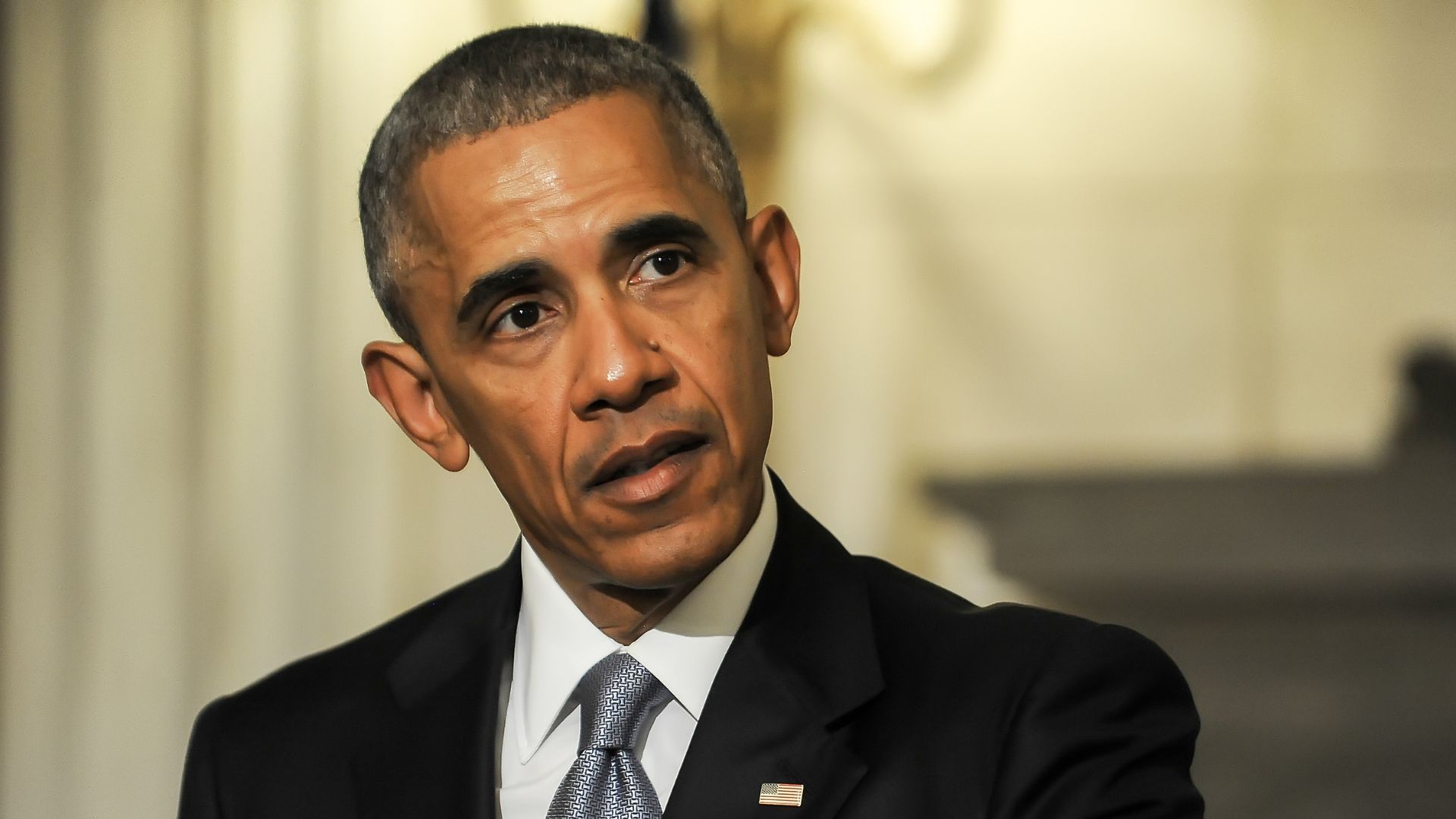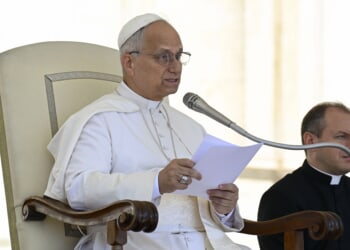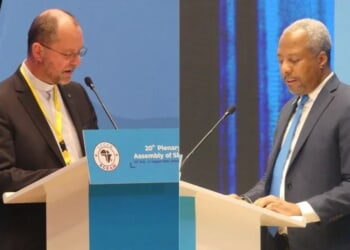
Former President Barack Obama suggested Tuesday that President Donald Trump bore responsibility for the assassination of conservative activist Charlie Kirk, citing what he described as “extreme” personnel and policies that provoked violent opposition.
Obama’s remarks came during an onstage interview with journalist Steve Scully at the Jefferson Educational Society in Erie, Pennsylvania.
While calling Kirk’s killing “horrific,” Obama used the occasion to highlight what he claimed were controversial statements by Kirk, including the inaccurate charge that Kirk had called black women “stupid.”
He further argued that President Trump was attempting to use the assassination “as a rationale for trying to silence discussion around who we are as a country and what direction we should go.”
Obama contrasted Trump’s approach with his own presidency, saying, “Those extreme views were not in my White House. I wasn’t embracing them. I wasn’t empowering them. I wasn’t putting the weight of the United States government behind extremist views.”
Former President Barack Obama starts listing out the things he disagreed with Charlie Kirk on before pointing blame at the Trump White House for political division.
Obama also patted himself on the back, claiming his White House never had “extreme views” like Trump’s does.
What… pic.twitter.com/0s34smYUWC
— Collin Rugg (@CollinRugg) September 17, 2025
This Could Be the Most Important Video Gun Owners Watch All Year
Obama’s comments revisited longstanding debates over his own record.
During his 2008 presidential campaign, Obama had urged his supporters to challenge political opponents directly, telling them to “argue with them, get in their face.”
In office, his administration’s handling of the Occupy Wall Street protests and the Trayvon Martin case drew sharp criticism from opponents who argued that the White House had fueled division.
Obama also aligned himself with figures such as Rev. Al Sharpton and embraced the Black Lives Matter movement, which later expanded into nationwide protests that sometimes turned violent.
Staffing choices during his administration drew attention as well.
Anita Dunn, one of his senior advisers, publicly cited Chinese communist leader Mao Zedong as a philosophical influence.
Other figures with ties to far-left movements played prominent roles in his administration, though associates such as Jeremiah Wright and Bill Ayers were kept at a distance after public scrutiny.
A previously suppressed photograph also showed Obama meeting with Nation of Islam leader Louis Farrakhan before his election, a meeting that critics later argued raised questions about his associations.
The photo did not surface until years later.
Obama never disavowed Farrakhan. He never had to. You know why? Because the “journalist” who took this photo of him deliberately hid it for the duration of Obama’s presidency and the other politicians who were there never leaked the meeting to anyone else. https://t.co/vnyxs4fulz
— Joel Pollak (@joelpollak) September 13, 2024
On Tuesday, Obama also praised moderate Republicans as an alternative to Trump, pointing to Utah Gov. Spencer Cox.
That position contrasted with his treatment of then-House Budget Committee chairman Paul Ryan, whom Obama once invited to attend a speech on entitlement reform before criticizing Ryan directly during the same address.
Obama later expressed regret, claiming he had not known Ryan would be present.
During his presidency, Obama advanced policies that faced strong resistance, most notably the Affordable Care Act, which passed without bipartisan consensus.
His labeling of Tea Party activists as “extremists” further polarized politics at the time.
After losing the House of Representatives in 2010 and the Senate in 2014, Obama shifted further left on policy.
He implemented executive immigration changes despite having previously acknowledged that such actions exceeded his constitutional authority.
In Erie, Obama did not address these controversies, instead focusing on his claim that President Trump’s leadership encouraged extremism and contributed to a dangerous political climate.

![Obama Suggests Trump to Blame for Charlie Kirk Assassination in Pennsylvania Speech [WATCH]](https://www.right2024.com/wp-content/uploads/2025/09/Obama-Suggests-Trump-to-Blame-for-Charlie-Kirk-Assassination-in-750x375.jpg)



![Gavin Newsom Threatens to 'Punch These Sons of B*thces in the Mouth' [WATCH]](https://www.right2024.com/wp-content/uploads/2025/08/Gavin-Newsom-Threatens-to-Punch-These-Sons-of-Bthces-in-350x250.jpg)
![ICE Arrests Illegal Alien Influencer During Her Livestream in Los Angeles: ‘You Bet We Did’ [WATCH]](https://www.right2024.com/wp-content/uploads/2025/08/ICE-Arrests-Illegal-Alien-Influencer-During-Her-Livestream-in-Los-350x250.jpg)








